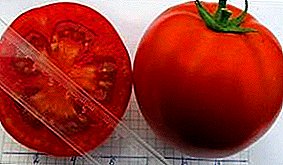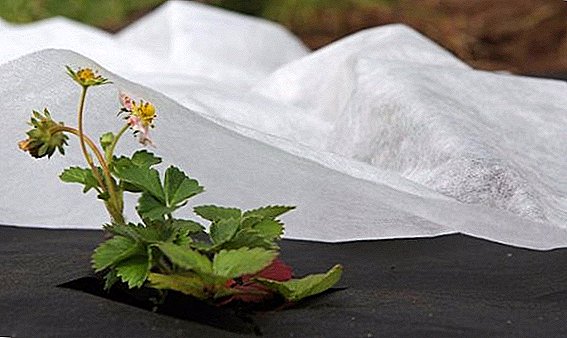
Violation of the day and nutrition, poor ecology, stress and many other factors lead to the fact that many people suffer from diseases of the gastrointestinal tract, in particular from pancreatitis and cholecystitis. And they are simply forced to follow a strict diet and carefully choose food.
In this article, you will learn whether patients with such diagnoses can eat cabbage or not? And also whether the method of preparation and the type of cabbage in diseases of the gallbladder and pancreas.
Chemical composition
There are many varieties of this vegetable, and each species has the characteristics of the chemical composition.
Also cabbage contains a large amount of vitamins.:
- ascorbic acid (vitamin C);
- vitamins B1, B2;
- folic and nicotinic acid;
- vitamin H, K and tocopherols.
Cabbage is rich in macro-and microelements, salts of sodium, potassium, calcium, magnesium and iron. It contains many essential amino acids. Such a composition, as well as budget, availability and ease of preparation, make cabbage an indispensable food product.
What is permissible to use?
Consider whether you can eat cabbage in each case.
With cholecystitis
It is necessary to abandon white cabbage in any form: fresh, fermented, stewed. The use of other species is possible only in a small amount and only in the period of remission, since the substances contained in the vegetable have a negative effect on the exchange of bile.
Pancreatitis
Raw or sauerkraut adversely affects the pancreas, especially in the "acute" period of pancreatitis. This effect is caused by a damaging effect on the pancreas fiber and essential oils.
Varieties
Next, we analyze in detail the possibility of using different types of cabbage in case of pancreatitis or cholecystitis.
Colored

It contains softer fiber than white fiber, so it is not contraindicated in these diseases. It is better to use cauliflower in stewed or boiled formto minimize the load on the pancreas.
Brussels

Brussels sprouts have a positive effect on the pancreas and gastrointestinal mucosa and soothes irritated tissues of the digestive system. Due to this effect, you can safely use it in food.
Broccoli

Broccoli is a very useful vegetable, having a good effect on the pancreas and gallbladder.
Important! Broccoli should be stewed or boiled before consumption.
Beijing

Beijing cabbage contains a large amount of indigestible dietary fibertherefore, it is not recommended to use it in case of gastrointestinal diseases, especially during exacerbations.
Does cooking matter?
The method of cooking cabbage is of great importance in this matter. One of the most common in our country is fermentation. However, for any disease of the pancreas and in any condition (acute or chronic), the use of this dish is strictly prohibited for many reasons.
We list the reasons why it is impossible fermented vegetable with pancreatitis.:
- Acids irritate the mucous membrane of the stomach and intestines.
- Increased motility of the digestive tract adversely affects the secretion of bile.
- Large amounts of salts cause fluid retention and swelling. Swelling of pancreatic tissue increases pain and inflammation.
Another common method of cooking cabbage is stewing. You can add other vegetables, such as carrots.
Attention! During cooking do not add onions, garlic, spicy seasonings and any spices, as they enhance the activity of the digestive glands.
In detail about the properties of cabbage in which diseases should refrain from its use, read here.
Does the view matter?
The type of cabbage is of great importance. Colored, Brussels sprouts and broccoli are freely allowed for use during remission. White and Beijing are not recommended for use because of the high content of coarse fiber and poorly digestible substances.
Recipe
If you do not want to give up white cabbage, it is best to use it stewed. To prepare:
 Take a small head (1-1.5 kg), chop straws.
Take a small head (1-1.5 kg), chop straws.- Grease a deep pan grease with sunflower oil.
- Move the cabbage into the pan, fry it slightly until softened.
- After that, add 1-2 tablespoons of tomato paste, add water and simmer on medium heat until cooked.
- Add salt to taste.
Any dish, including cabbage, with chronic pancreatitis and cholecystitis should be entered into the menu in small portions.. When exacerbating diseases should not eat vegetables in any form. After eating cabbage, carefully monitor your disease and at the first signs of exacerbation, consult a doctor.


 Take a small head (1-1.5 kg), chop straws.
Take a small head (1-1.5 kg), chop straws.









